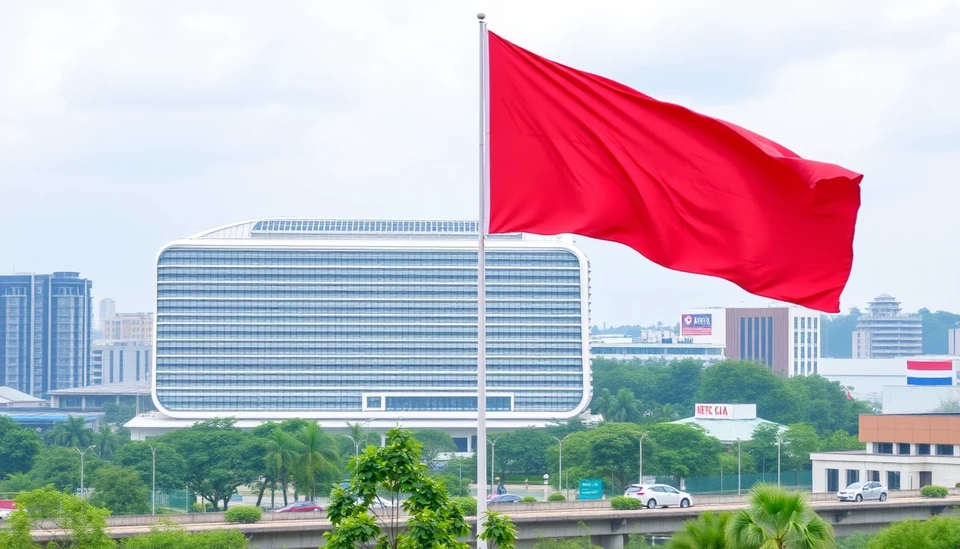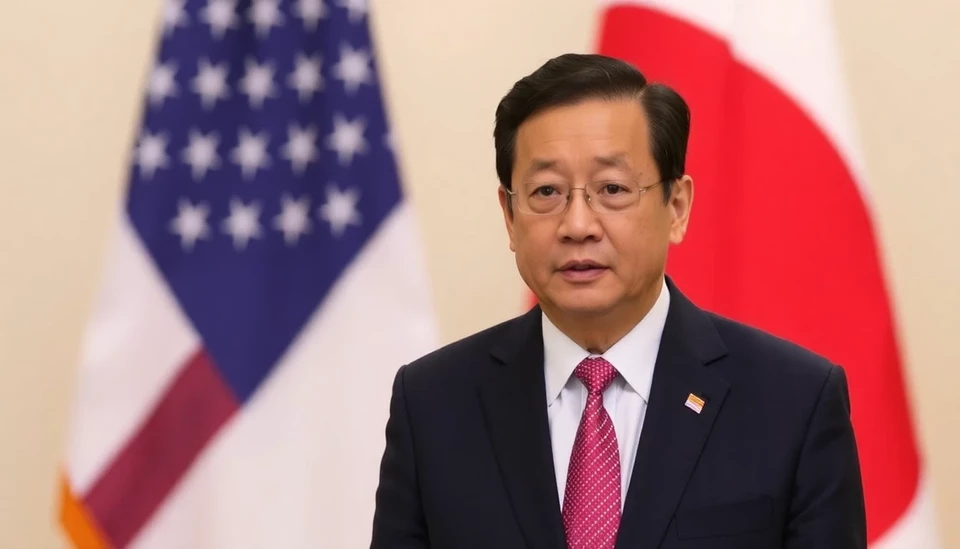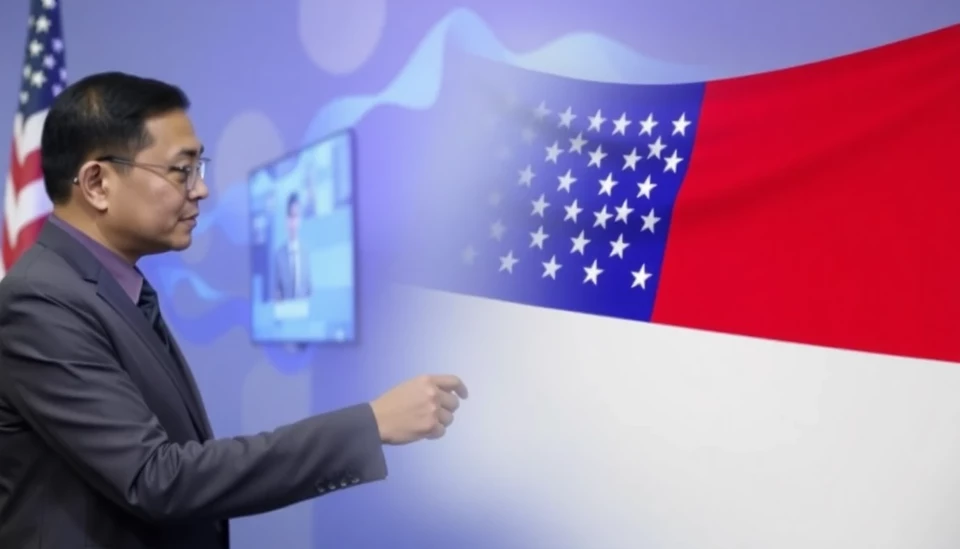
As Indonesia embarks on the next chapter of its booming nickel industry, the departure of an influential figure, often referred to as the "fixer-in-chief," marks a significant turning point. This pivotal change comes at a crucial moment for the country, which has positioned itself as a global leader in the production of nickel, essential for the burgeoning electric vehicle (EV) market.
The individual in question, who has been instrumental in orchestrating policies and fostering investments in Indonesia’s nickel sector, plans to step down, leading to speculation and uncertainty about the future direction of the industry. Under his leadership, Indonesia saw a surge in investment and establishment of nickel processing facilities, leading to an unprecedented escalation in production capabilities.
In recent years, Indonesia has aimed to dominate the nickel supply chain, especially as the global shift toward renewable energy and electric vehicles gains momentum. The country's rich reserves of nickel — a critical component in the production of batteries — have attracted attention from major automotive manufacturers and technology firms worldwide. With expectations soaring, the Indonesian government implemented regulations designed to maximize resource utilization while minimizing environmental impact, a delicate balance that remains a focal point for the next leadership phase.
However, this transition does not come without challenges. The outgoing leader's strategies have left a mixed legacy; while investments surged, there are concerns regarding sustainable practices and the long-term effects of intensive mining operations on local communities and ecosystems. It remains to be seen how the incoming leadership will navigate these complex issues and continue to attract foreign investments without compromising on environmental standards or community welfare.
As the industry prepares for a leadership transition, stakeholders are watching closely. Analysts have suggested that the new leadership must prioritize not only increasing production but also enhancing the overall sustainability of operations. This includes investing in clean technology and fostering partnerships with environmental organizations to improve the public perception of the industry.
Industry insiders believe that the next phase will also need to be marked by innovation and adaptability, especially in response to fluctuating global demand for nickel and competitive pressures from other countries. The Indonesian government has signaled its commitment to fostering a robust regulatory environment and encouraging R&D in nickel processing technologies to maintain its edge in the global market.
As this dynamic scenario unfolds, the world’s attention will certainly remain on Indonesia. The nation’s ability to successfully transition its nickel sector under new leadership could serve as a blueprint for other resource-rich countries seeking similar economic advancements while respecting environmental sustainability.
In conclusion, the Indonesian nickel industry stands at a crucial juncture, with an opportunity to solidify its position as a global powerhouse. As the former “fixer-in-chief” departs, all eyes will be on the next leader and how they will steer the industry towards a successful and responsible future.
#Indonesia #NickelIndustry #ElectricVehicles #Sustainability #Mining #LeadershipChange #RenewableEnergy #Investments
Author: Daniel Foster




